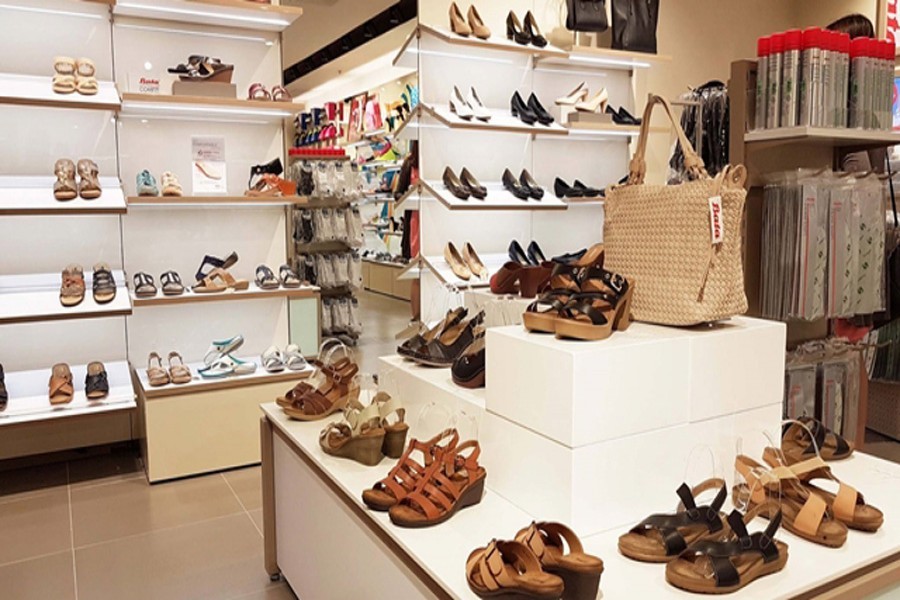Do you remember the feeling you had when you bought a pretty piece of clothing on discount? That feeling is the experience which the shopping outlet is selling you.
In this myriad of products and services, where more and more products and services are getting commoditised, the differentiating factor that a company can muster is the experience a customer gets. But, it is essential to remember that no two customers will go through the same experience. As experience comes from the interaction of the product or the service and the state of the mind, experience is highly personalised.
When we buy a product or avail a service, that product or service is only a little portion of what we are paying for. But what we really buy is the experience. When the Starbucks is selling you a cup of coffee with your name on it, you are buying the experience that you are special. Or when you are paying some extra cash for the Aarong dress you like, the company is selling the experience that you are feeling secured to pay that extra for the quality you know it provides.
The vitality of a brand to be able to deliver the promise that it has made has been recapitulated enough. This consistent delivery of the promise is the experience of making a secured purchase to the customers, for which the customers will keep going to the same brand. That is why Bata shoes are still very popular footwear in Bangladesh. It makes the promise to make shoes for everyone and lives up to that promise by providing kids footwear to fashionable women footwear to comfortable elderly's footwear.
Experience encompasses a larger varied facade of our purchase and consumption behaviour than we realise. How does Apple justify its high price when technically the features are barely any more advanced than the Microsoft? It is the stories that it sells. The story of going to that Apple outlet, opening that box and holding that phone- everything about this experience screams the story elegance and status.
But, it would be wrong to assume that experience only needs to be sold to customers. Business now follows a wider definition where customers are only a part of the consumers. Consumers now include shareholders, employees, suppliers, distributors etc. In today's world, where more and more people are becoming conscious of their rights, it is important to sell experiences to that parts of the consumer chain too. Google has attributed a huge chunk of its success to its unique culture. The company even has people whose sole job is to maintain employees' happiness and productivity.
Although experience is becoming the distinguishing element in business, selling experience is not a new thing. The entertainment business has been essentially built on this since its inception. The Walt Disney has been making money by selling experience for decades. But what we need to understand is that how all products and services are also selling experiences with or without realising and how companies need to put focus on selling positive experiences to survive in this ever-changing business world.
The writer is a final year student of BBA programme at the Institute of Business Administration, University of Dhaka. She can be reached at [email protected]


